Hot weather and high temperatures can easily cause heatstroke and exhaustion. Heat exhaustion is a heat-related condition that can occur after exposure to high temperatures and is often accompanied by dehydration… If not treated promptly, it can lead to heatstroke, a life-threatening condition.
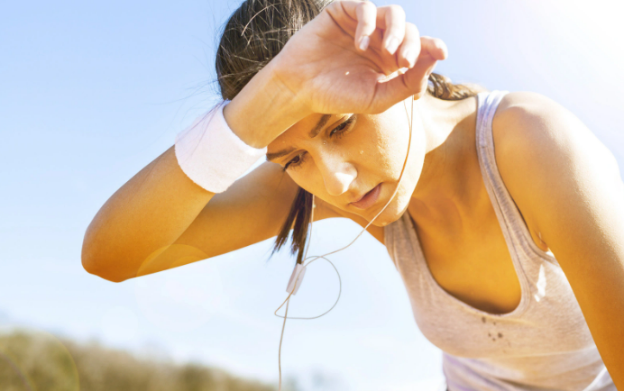 |
| Heat exhaustion needs to be treated promptly… |
Although heat exhaustion is not as serious as heatstroke, it should not be taken lightly. Without proper intervention, heat exhaustion can progress to heatstroke, which can cause damage to the brain and other vital organs and even death.
1. Symptoms of heat exhaustion
The most common signs and symptoms of heat exhaustion include:
- Confusion
- Dark urine (sign of dehydration)
- Dizzy
- Faint
- Tired
- Headache
- Muscle or abdominal cramps
- Nausea, vomiting or diarrhea
- Pale skin
- Sweat a lot
- My heart is beating fast...
2. Risk factors that increase the risk of heat exhaustion
Anyone can get heat exhaustion, but certain factors increase your sensitivity to heat, including:
- Children and the elderly: Infants and children under 4 years of age and adults over 65 years of age are at higher risk of heat exhaustion. For children, this is because the body's ability to regulate temperature is not fully developed. For older adults, illness, medications, or other factors can affect the body's ability to control temperature.
- Certain medications: Certain medications can affect the body's ability to retain water and respond appropriately to heat. These include some medications used to treat high blood pressure and heart problems (beta-blockers, diuretics), relieve allergy symptoms (antihistamines), help calm the body (sedatives), or relieve psychiatric symptoms such as hallucinations (antipsychotics). Some illegal drugs, such as cocaine and amphetamines, can increase body temperature.
- Obesity: Carrying excess weight can affect the body's ability to regulate temperature and cause the body to retain more heat.
-Sudden temperature changes: The body needs time to get used to higher temperatures. Sudden temperature changes can easily cause exhaustion.
- High heat index: The heat index takes into account both the outdoor temperature and humidity. When humidity is high, sweat cannot evaporate as easily and the body has more difficulty cooling itself. This makes you more susceptible to heat exhaustion and heatstroke.
3. Treatment of heat exhaustion
If you or anyone else has symptoms of heat exhaustion, it is essential to get out of the heat and rest, preferably in an air-conditioned room or try to find the nearest cool, shady place.
Also need:
- Drink plenty of fluids, especially sports drinks, to replace lost salt (avoid caffeine and alcohol).
- Loosen or remove any tight or unnecessary clothing.
- Take a cool shower, bath or sponge bath.
- Apply other cooling measures such as fans or ice towels…
- If these measures do not work within 15 minutes, seek emergency medical help, as untreated heat exhaustion can progress to heatstroke.
- After recovery, your body will be more sensitive to high temperatures for the next week. So it's best to avoid hot weather and strenuous exercise until your doctor tells you it's safe to resume normal activities.
4. Preventing heat exhaustion
When the heat index is high, it is best to stay indoors in a cool, air-conditioned room. If you must go outside, you can prevent heat exhaustion by taking the following steps:
- Wear light, light-colored, loose-fitting clothing and a wide-brimmed hat.
- Use sunscreen with SPF 30 or higher.
- Drink extra fluids to prevent dehydration. Drink plenty of water, fruit juice, or vegetable juice every day. Since heat-related illnesses can also be a result of salt depletion, drinking water or sports drinks with electrolytes… can help treat heat cramps.
- Avoid over-exercising.
- Avoid fluids that contain caffeine or alcohol, as both can cause you to lose more fluids and make heat exhaustion worse.
- If you have epilepsy or severe heart, kidney or liver disease, are on a fluid-restricted diet or have problems with fluid retention, consult your doctor before increasing your fluid intake./.
According to suckhoedoisong.vn
Source link











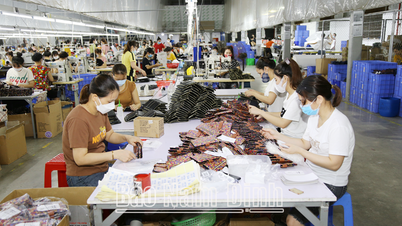






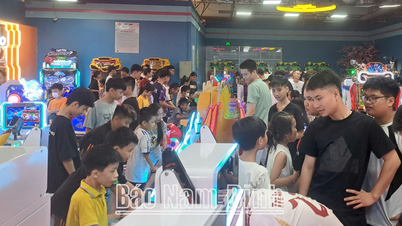
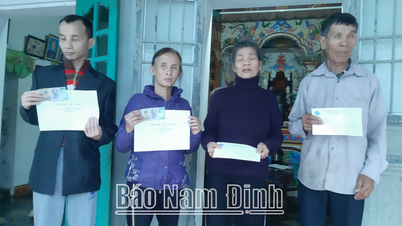
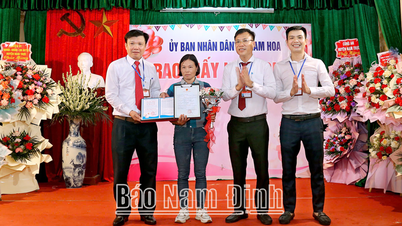

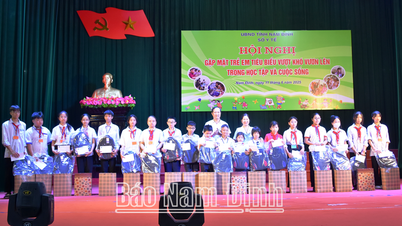











































































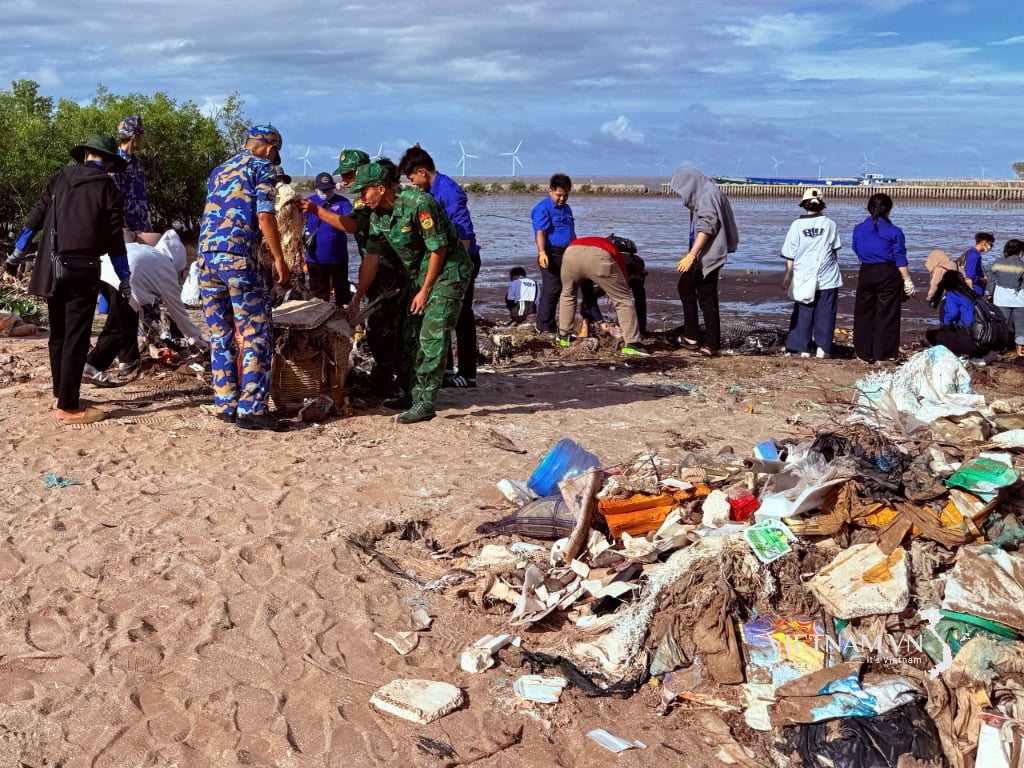

Comment (0)